The end of the financial year can be a challenging time for many small businesses. Your company’s financial year may well be different to the tax year (6th April – 5th April the following year) and making sure you meet all of the necessary deadlines and have all the financial data that is needed can feel a bit overwhelming. It’s easy to get snowed under the paperwork and admin tasks if you don’t already have a plan in place for how to manage your year-end accounting.
We share our tips to help reduce the stress and simplify what you need to organise for the end of your financial year.
Speak to an experienced accountant
Your accountant should be your first port of call when getting ready for your year-end accounts. If you’re already working with them then they’ll be familiar with exactly what they need from you in order to get everything necessary filed or submitted by the deadline. If you’ve not yet got an accountant, finding an experienced accountancy firm that has a proven track record of helping businesses like yours is a great place to start.
Set aside time to get everything organised
A good way to approach this can be to create a list of essential year-end tasks and deadlines when you need to have certain information over to your accountant. They can advise when they need specific things, but you may well need to set time aside in your own calendar to make it happen.
Make sure your bookkeeping is in order and financial records are fully up to date
If you’re doing your own bookkeeping, some small businesses tend to leave things until the last minute before updating records, which can make it a more stressful, time-consuming and challenging task than updating as you go.
You may be using accounting software that automatically updates with transactions going through your business bank account, but you will still need to check and ensure that the records are accurate and categorised as they should be, with all details correct.
Chase overdue payments/invoices
Ending a financial year for your business with less money in the bank than you should have, due to unpaid invoices, is not ideal. To have the clearest picture of your business accounts, making sure that any payments you are due by your year-end date are in hand is really important.
Ensure your claimable expenses are properly recorded
Ensuring that your business expenses are accurately recorded, with receipts and any other relevant information, helps to ensure that you don’t pay more tax than you should. Your accountant can help to clarify exactly what can and can’t be claimed, if you are unsure.
Review spending and plan ahead for the next year
Once your year-end accounts have been finalised, it’s a great time to take a detailed look at where your business has spent money during the year. Think about whether there are any areas you can cut back on in future, without compromising on quality or service in whatever it is that your business does. This could be anything from changing a supplier or negotiating on contracts to cost-saving measures in your back office or operations.
Looking closely at how the business has performed during the past financial year can help to identify areas in which you can improve, enable you to set budgets for different areas of the business and have a plan in place for future success and growth. Your accountant can provide their expert assistance with this too, using their experience to help you make key strategic decisions for your business. If you would like specialist support with your business’ end-of-year accounts, or want some assistance and insight into your financial data to plan for the future, we can help. Get in touch to find out more.
